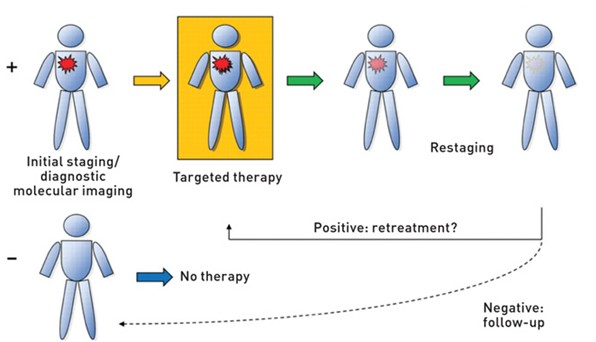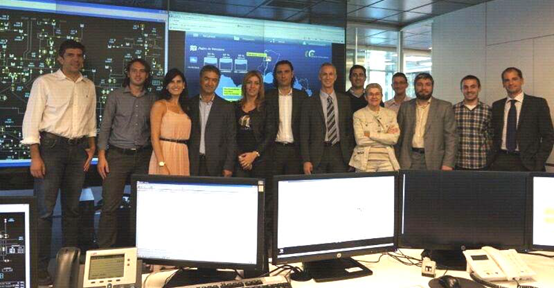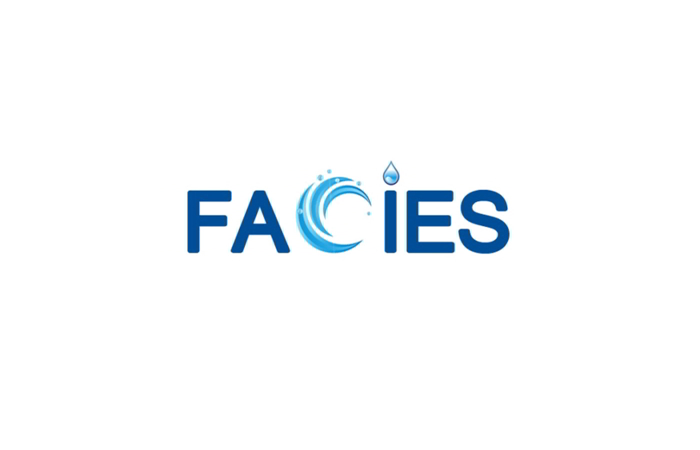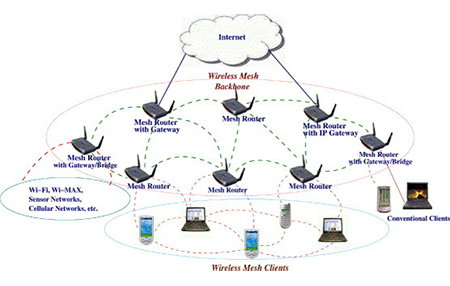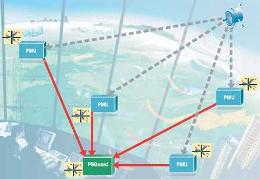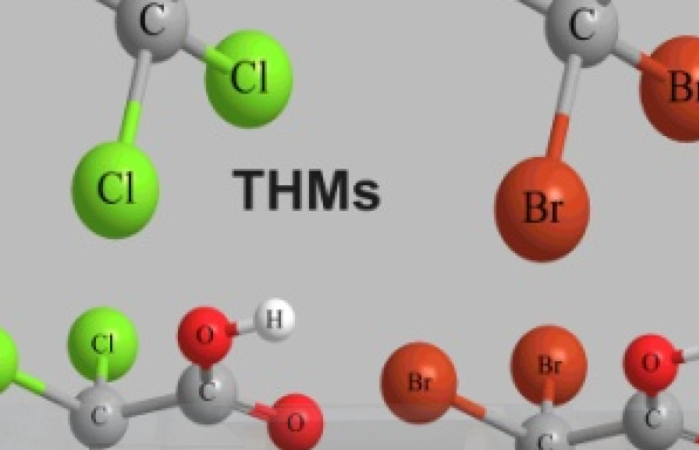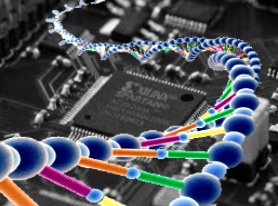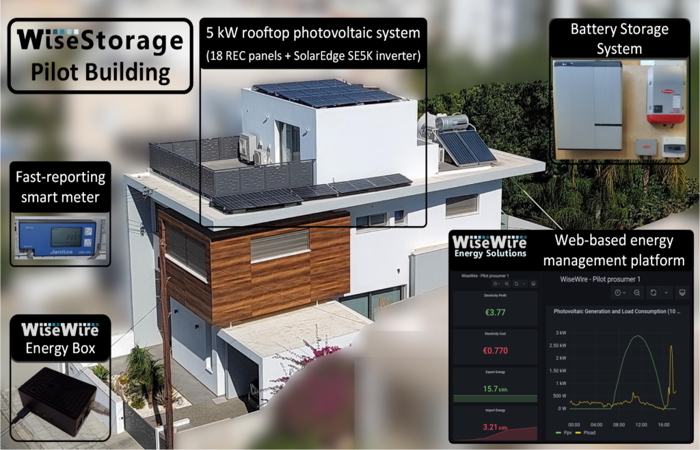SyncPower: Research project for reliable and uninterruptible operation of power systems
Power system monitoring and control is the backbone for reliable and uninterruptible electricity supply to the end users. Power systems are complex and interconnected infrastructures, and often suffer from temporary faults or severe contingencies. Indeed, modern society relies on the availability and smooth, uninterrupted operation of electric power systems and when they fail, the consequences […]
SyncPower: Research project for reliable and uninterruptible operation of power systems Read More »


